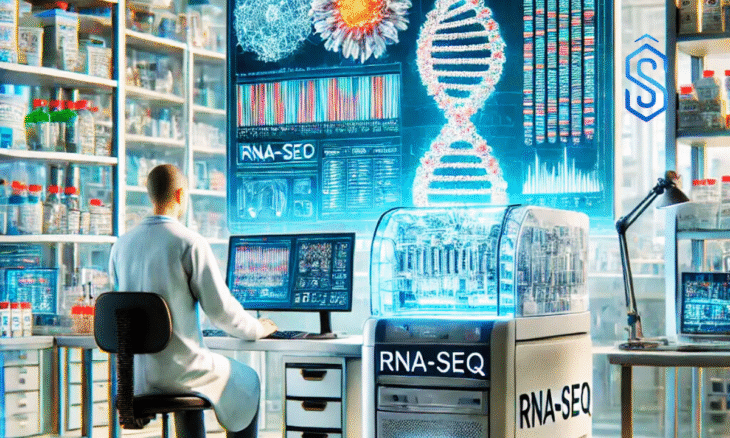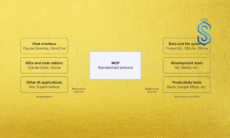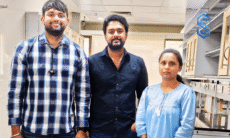Palo Alto, CA: Biostate AI today announced the launch of K-Dense Beta, a multi-agent AI research system that compresses biological research cycles from years to days.
The K-Dense Beta platform was validated through a Harvard Medical School study on aging, demonstrating its ability to accelerate discovery while maintaining scientific accuracy.
Transforming Biological Discovery
The K-Dense Beta system represents a major advancement over task-specific AI tools by executing complete research cycles. It coordinates multiple specialized agents that:
- Design and plan experiments
- Review scientific literature
- Execute code in secure sandboxes
- Generate publication-ready reports
Unlike traditional generative AI, K-Dense Beta eliminates hallucinations through independent cross-checking, feedback loops, and full traceability of research decisions.
Also Read: Biostate AI Secures Global Collaborations to Advance RNA-Based Precision Medicine
Ashwin Gopinath, Co-founder and CTO of Biostate AI, said: “We have created an AI scientist that can operate continuously, dramatically accelerating discovery while upholding rigorous scientific standards.”
Harvard Validation of K-Dense Beta
The system was validated in collaboration with Professor David Sinclair, Co-Director of the Paul F Glenn Center for Biology of Aging Research at Harvard Medical School.
K-Dense Beta analyzed over 600,000 transcriptomic profiles to build an aging clock, narrowing the dataset to 60,000 high-quality samples and 5,000 genes. The study revealed that different gene sets influence biological age at various life stages, proving aging is a sequence of distinct biological programs.
“K-Dense enabled us to complete a study in weeks that normally requires years,” said Professor Sinclair. “It also provided reliability measures for predictions – something prior AI systems lacked.”
The findings are available as a bioRxiv preprint and are under peer review.
Technical Strength
Built on Google Cloud’s Gemini 2.5 Pro, K-Dense Beta integrates standard bioinformatics pipelines, curated databases, AlphaFold, MedGemma, and can connect modularly to external tools via the Model Context Protocol (MCP).
Also Read: UDENYCA Acquired by Intas Pharmaceuticals and Accord BioPharma in Biosimilar Expansion
On BixBench, the industry’s leading bioinformatics benchmark, K-Dense Beta achieved 29.2% accuracy, outperforming GPT-5 (22.9%), GPT-4o (18%), and Claude 3.5 Sonnet (18%).
Google Cloud’s Bikram Singh Bedi noted: “Biostate’s multi-agent approach shows how advanced models like Gemini 2.5 Pro can accelerate genuine scientific discovery.”
Funding and Expansion
Earlier this year, Biostate AI raised $12 million in Series A funding led by Accel, with prior backing from leaders at Anthropic, Twist Bioscience, and 10x Genomics.
The company has since advanced K-Dense Beta development and initiated collaborations with Massachusetts General Hospital (MGH) and partners in China and India.
Currently, K-Dense Beta is available to select design partners, with broader access planned later in 2025. Organizations can request details at k-dense.ai
.










